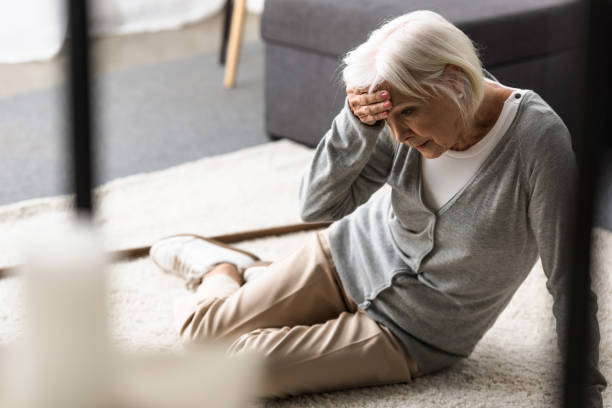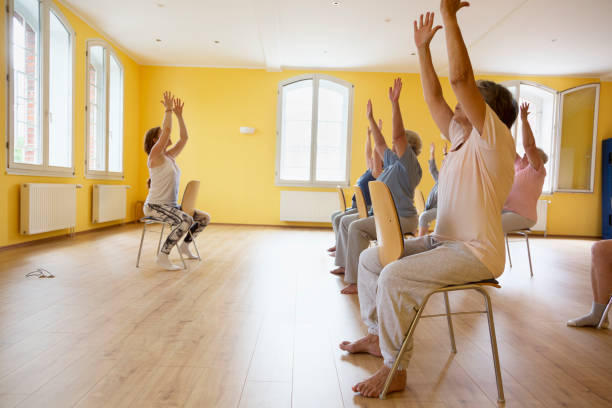Falls prevention
Falling is not part of the normal ageing process. If you have fallen or had a near fall in the last twelve months, then you might benefit from a fall’s assessment. Falls can occur anywhere, but the most common location is in the home. 70% of hospitalised falls occur in either the home or an aged care facility. A fall is the number one cause for older people to transition into residential care, so preventing falls is a great way to stay at home and maintain your independence.
Are falls common as we age?
One third of people over the age of 65 have fallen in the last year. The number of falls steadily increases with age. Falls are a major cause of admission to hospital and unfortunately for some people a severe fall may make it difficult to return back home and maintain their independence.

A falls assessment reviews your risk of falling
A comprehensive falls assessment at Age Right will review your risk of falling and we will provide you with a plan to decrease the chance of having a fall. It is not the number of falls you sustain but the injuries and decreased confidence that occurs with each fall.
Fear of falling can impact on your life because you may become scared to go outside. Unfortunately, most people decrease their social interactions and enjoyment of life after a fall because of reduced mobility and fear. Social isolation is an important cause of depression and anxiety that can cause even further isolation.
Tips to prevent falls
- Wear sensible flat soled shoes
- Get your glasses checked
- Consider having rails and other devices installed in your bathroom and kitchen
- Have a home assessment to look for hazards around the house
- Maximise lighting in dark areas of your house particularly around stairs
- Use a nightlight
Medication review is an important part of falls assessment
Certain medications can increase your risk of falling. Whilst some of these medications are needed to treat your medical conditions others may no longer be necessary. Some medication may only be required at a lower dose. Older medications may have a newer safer version. When was the last time your medications were reviewed?
Checking your bone health is an important aspect to ageing well:
Seeing a physiotherapist who specialises in fall’s prevention and management is an investment into your future and enjoyment of life. Book an appointment today for your individual exercise plan with Age Right.
A falls prevention program from Age Right may include:
- Medication recommendations
- Review of your vitamin D levels and need for supplementation if low
- Development of an exercise program: walking, water aerobics, weights or Tai Chi
- Group falls prevention course
- Individual falls prevention course
- Diet review and advice
- Home assessment for potential fall areas
- Review of the lighting in your house
- Installation of nightlights
- Recommendation regarding safe alcohol consumption
- Bone density testing
- Podiatry review
- Hip protectors for those at high risk of falling
- Installation of a personal alarm
- Audiology review
- Optometry review
- Blood pressure check lying and standing to assess for possible postural hypotension and medication side effects

Seeing a physiotherapist who specialises in fall’s prevention and management is an investment into your future and enjoyment of life. Book an appointment today for your individual exercise plan with Age Right.

